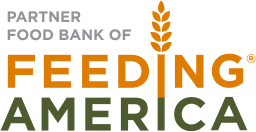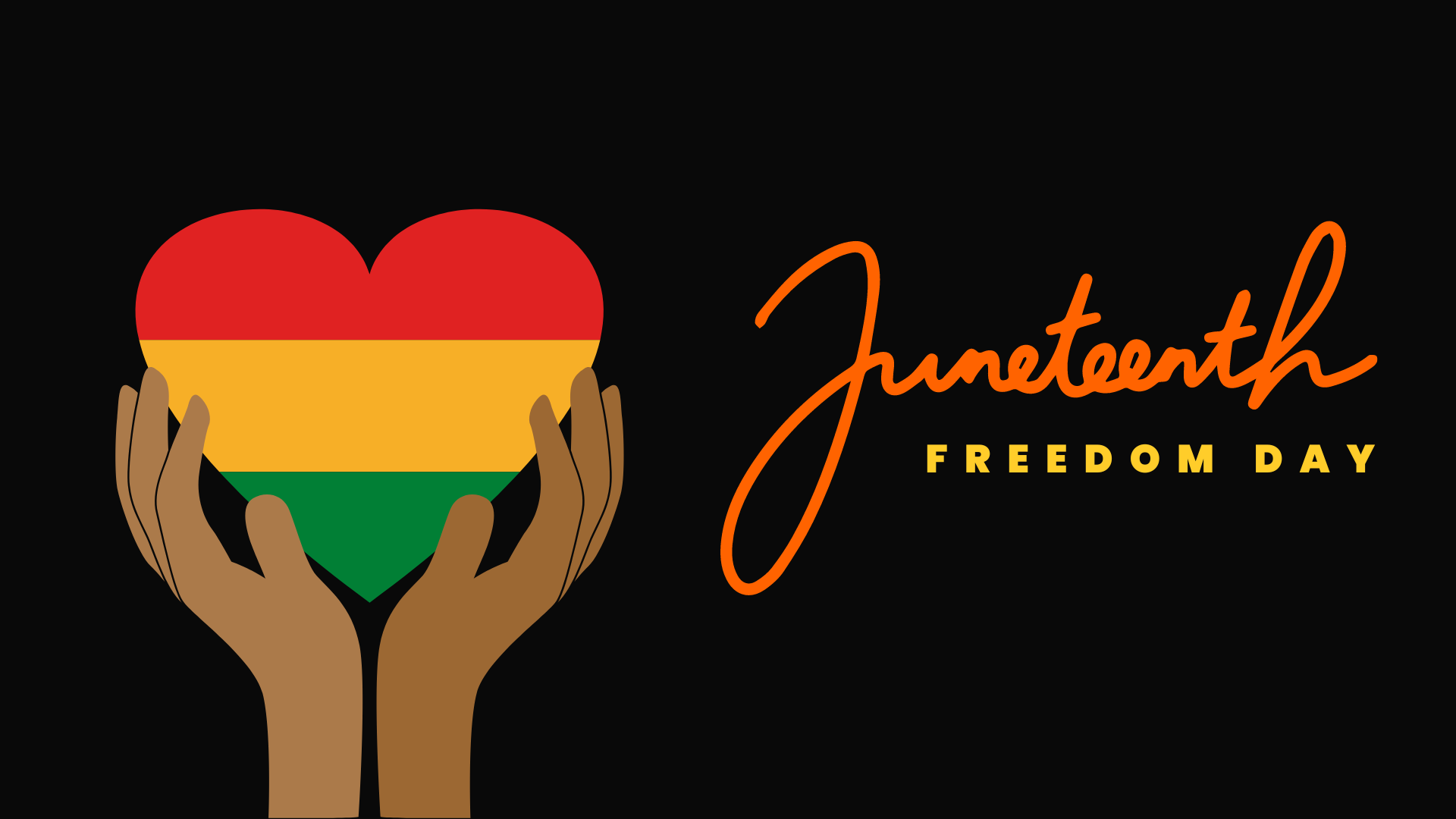By Amber Wright, Development and Marketing Coordinator
As we celebrate Juneteenth, The Foodbank wants to take a moment to acknowledge and honor the significance of this historic day. June 19th, also known as Juneteenth, commemorates the day in 1865 when Union soldiers arrived in Galveston, Texas, and informed enslaved Africans that they were free, over two years after President Abraham Lincoln’s Emancipation Proclamation. This event marked a significant step towards the abolition of slavery, but it also serves as a reminder of the persistent racial inequities that exist today. Juneteenth is an important opportunity for all Americans to reflect on the terrible legacy of slavery and racial injustice still at work in our country.
At The Foodbank, we know that food insecurity affects Black and Brown communities disproportionately and that systemic inequalities make it more difficult for these communities to access the resources they need to thrive. According to the USDA, in 2021, nearly 20% of Black individuals lived in a food-insecure household. This means people who are Black experience hunger at three times the rate of their white counterparts.
Food insecurity is cruelly intertwined with historic and persistent racism in the United States. Structural inequalities in housing, education, and employment have created a vicious cycle of poverty and limited access to healthy food options. Black and Brown Americans are more likely to live in poverty than any other racial group in the US. They also face higher rates of unemployment and underemployment. This can make it difficult for individuals and families to afford food and pay for other basic needs.
Housing is another major factor. Redlining and other discriminatory practices historically barred people who are Black from homeownership in many communities. It is no coincidence that food deserts/food apartheids and areas of intentional disinvestment are often found in predominantly Black and Brown communities. Residents are often left to rely on fast food and convenience stores for their meals, resulting in a higher prevalence of diet-related diseases and other health issues that further perpetuate the cycle of poverty and food insecurity.
This year, The Foodbank expanded its mission to eliminate hunger and its root causes. We are committed to addressing these inequities and providing food assistance to all those in need, regardless of race, ethnicity, or background. Everyone who walks through our doors is treated with dignity and respect. We believe that access to healthy, nutritious food is a basic human right and that no one should go hungry in our communities.
We proudly stand in solidarity with Black and Brown Americans to achieve a more just and equitable society. We recognize that food insecurity is not just a matter of access to food, but is deeply connected to issues of poverty, racism, and inequality. We are committed to addressing these root causes through community partnerships, education, and advocacy. We strive to lead by example, making intentional efforts to practice equity, diversity, and inclusion within our own organization.
As we celebrate Juneteenth, The Foodbank acknowledges the unimaginable hardships of Black and Brown Americans in the face of oppression and injustice. We will continue to advocate for racial equity and work to ensure all people have access to the resources they need to thrive.





No comment yet, add your voice below!